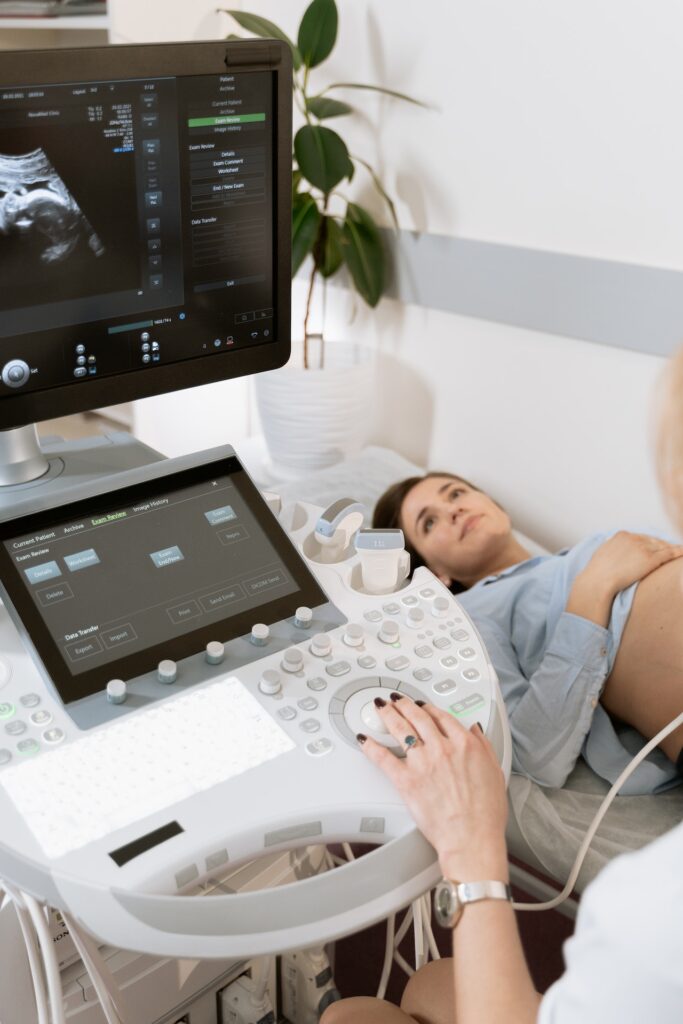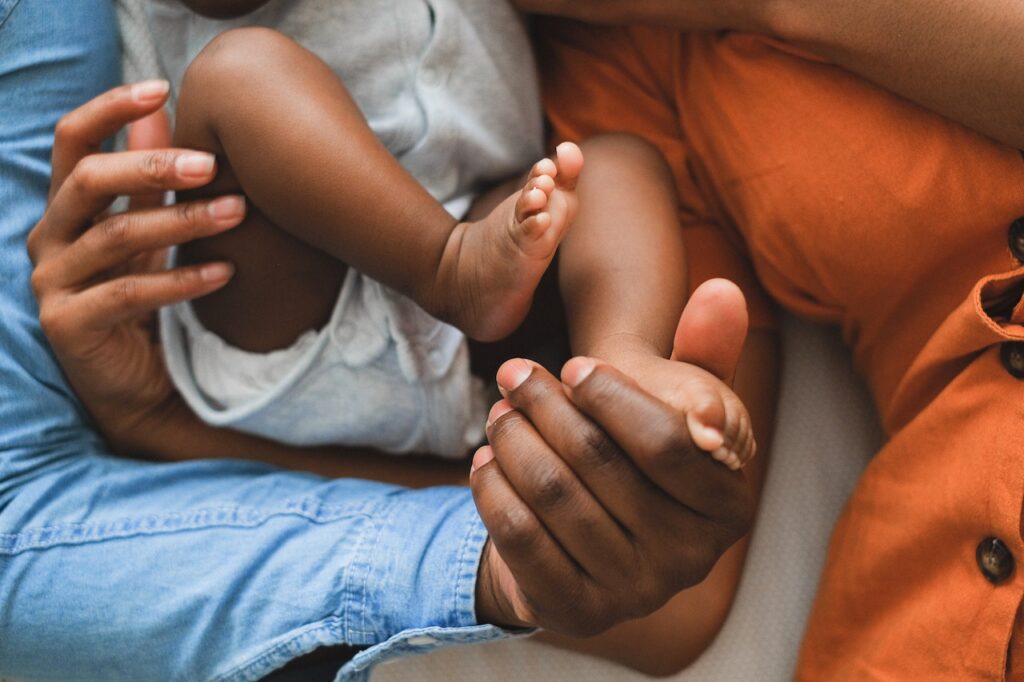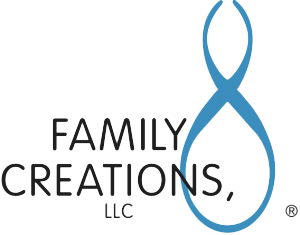
If you and your partner have been trying to conceive without success, you may consider using alternate methods for pregnancy, including in vitro fertilization (IVF) using a donor egg. Whatever your reasons for considering IVF, the knowledgeable team at Family Creations can help you through the process.
While the process of using a donor egg with IVF is more complex than regular IVF, it is a highly effective and popular method used to help couples conceive a child. Here is a step-by-step guide on what to expect.
What is IVF with Donor Eggs, and Who is it For?
In vitro fertilization is a fertility treatment that involves using a donor’s egg(s) to begin a pregnancy while the intended parent carries the pregnancy. This may be recommended for women with a genetic disorder that could be passed on to their child, women who don’t produce eggs, or women encountering other challenges related to reproduction. The IVF process is often used in conjunction with donor sperm. The donor egg and sperm are carefully selected to ensure the best chance of a healthy child.
While the IVF with donor egg process can be costly and time-consuming, it can also be gratifying for couples struggling to conceive.
The Process of IVF with Donor Eggs

The process of IVF with donor egg process is as follows:
- The first step is to find a reputable egg donor agency. The agency will provide you with a list of potential donors and learn more about them. They will help guide you through the process of selecting a donor that fits your criteria and unique needs.
- Once you’ve found a donor you’re comfortable with, the next step is to undergo egg retrieval. This is a surgical procedure in which the eggs are retrieved from the donor’s ovaries. Often more than one egg is retrieved at a time to increase the odds of the egg accepting fertilization. Frozen eggs can also be used for IVF.
- The eggs are then fertilized with sperm from a partner, or other sperm donor if you are using IVF with donor eggs and sperm, and incubated for a few days. Once ready, the fertilized egg(s) are introduced to the uterus.
- Finally, after about a week you will undergo a pregnancy test to see if implantation was successful.
What are the Success Rates of IVF with Donor Eggs?
The success rate of IVF with donor eggs process varies depending on a number of factors, such as the age of the egg donor and the recipient, the recipient’s health, and the fertility clinic. However, in general, IVF with donor eggs have a higher success rate than traditional IVF. This is because the IVF with donor eggs process typically results in a larger number of eggs being fertilized, which leads to a higher chance of at least one embryo implantation.
Additionally, IVF with donor eggs is less likely to result in multiple births, which can pose health risks for both mother and child. Ultimately, while there are many factors that can impact the success of IVF with donor eggs process, patients can be confident that this method offers a higher chance of success than traditional IVF methods.
The Benefits of IVF with Donor Eggs
There are many benefits of IVF with donor eggs. First, the process offers couples struggling with infertility the chance to conceive and carry their own child. Additionally, it can help prevent the transmission of genetic disorders from the parents to the child. Finally, it can allow women unable to produce eggs or those of poor quality to have a healthy pregnancy.
Are There Risks for IVF with Donor Eggs?
As with any medical procedure, there are potential risks and complications associated with IVF with donor eggs. Some risks associated with undergoing IVF are the risk of infection and the risk of multiple births. However, these risks are usually low and can be minimized by working with a reputable fertility clinic. It’s important to talk to your doctor to discuss your unique situation before making a decision.
Family Creations is Here to Help
If you are considering using IVF with a donor egg to conceive, hopefully this step-by-step guide gave you a better idea of what to expect. The process involves a few more steps than using your own eggs, but it can be done safely and with high rates of success.
We at Family Creations are here to help you every step of the way. From providing helpful resources and informative blog posts to walking you through the entire process, we want your journey to family to be as seamless and meaningful as possible. Contact us to get started on the next step of your journey!
